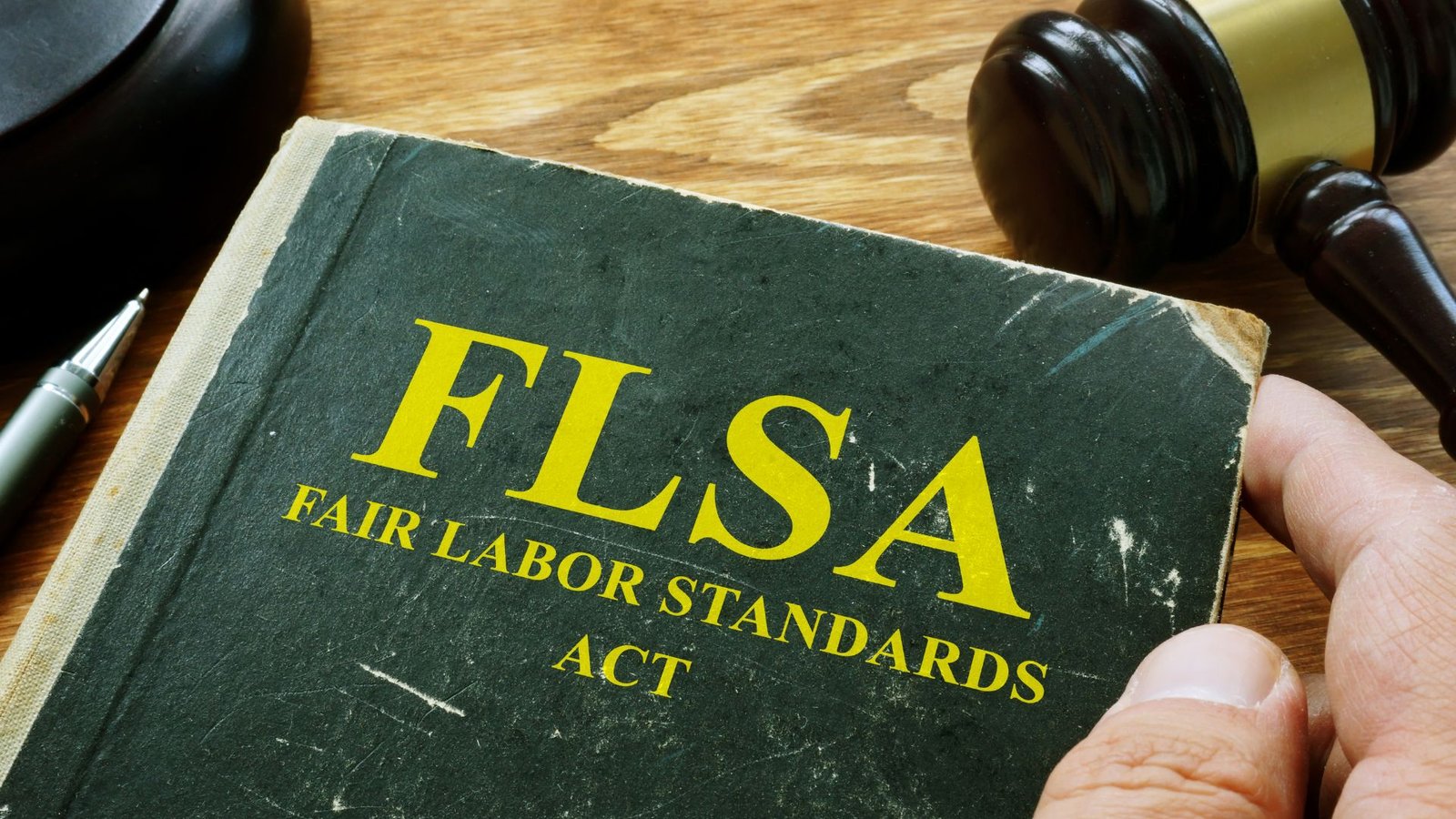On this page you will read detailed information about Minimum Wage UK.
In your position evaluating economic policy, you will need to closely analyze the impacts of statutory minimum wage changes. This article provides key insights as you determine whether to recommend an increase to the national living wage. Weighing positive and negative repercussions across sectors, you can make an informed assessment grounded in current academic research. Consider effects on employment, prices, productivity, and inequality as you advise decision-makers seeking to balance multiple economic objectives. Let this evidence guide your recommendations on this complex issue at the heart of social welfare policy debates.
What Is the Minimum Wage in the UK?
The UK has a nationally mandated minimum wage for hourly employees. This minimum wage aims to ensure that workers receive pay that is fair for the work carried out and offers a minimum living standard.
- The UK minimum wage applies to employees aged 16 and over.
- There are different hourly minimum wage rates based on the employee’s age and whether they are an apprentice.
- These rates are set by the UK government through the Low Pay Commission.
- The minimum wage rates are reviewed and increased annually, usually in April.
To find out the current minimum wage rates in the UK, check the government’s website at GOV.UK. On their page regarding the “National Minimum Wage and National Living Wage rates,” you will find the following information:
- The current minimum wage rate for employees aged 23 and over, known as the National Living Wage (NLW).
- The separate minimum wage rates for 21-22 year olds, 18-20 year olds, 16-17 year olds, and apprentices.
For example, from April 2022 the minimum wage rates are:
- £9.50 per hour for employees aged 23 and over (the NLW).
- £9.18 per hour for 21-22 year olds.
- £6.83 per hour for 18-20 year olds.
- £4.81 per hour for 16-17 year olds.
- £4.81 per hour for apprentices under 19 or in the first year of their apprenticeship.
Employers must pay their employees at least the relevant minimum wage rate according to their age and apprentice status. If you believe you are being underpaid, you can report your employer to HMRC for investigation. There are also exceptions in some cases, for example for work experience placements.
The History of the Minimum Wage in the UK
The national minimum wage (NMW) was introduced in the United Kingdom in April 1999, following years of debate over the need for a wage floor to protect vulnerable low-paid workers. Its origins can be traced to Winston Churchill’s Trade Boards Act of 1909 which aimed to tackle sweated labor.
- The campaign for a national minimum wage gathered momentum in the early 1990s. In 1993, the Low Pay Commission (LPC) was established as an independent body to advise on minimum wage rates.
- The National Minimum Wage Act received Royal Assent in July 1998. This legislation gave the LPC responsibility for recommending minimum wage rate levels to the government.
- When first introduced in 1999, the adult rate of the NMW was set at £3.60 per hour for workers aged 22+. Lower rates applied for 18-21 year olds and 16-17 year olds.
- Between 1999-2019, the NMW increased broadly in line with average earnings growth. The adult rate reached £8.21 by April 2019.
- From April 2016, a new mandatory National Living Wage applies for workers aged 25+. Set at a higher level than the NMW, the “living wage” rate aims to raise minimum pay standards.
The minimum wage has evolved considerably over the past century. Its impact on pay and employment continues to be closely monitored and debated today. The LPC plays a key role in advising the government on sustainable minimum wage rates.
In the previous post, we had shared information about Section 188 IPC: Exploring the Significance of this Essential Criminal Law Provision, so read that post also.
Who Is Eligible for the Minimum Wage?
Nearly all employees in the UK are eligible for the minimum wage. However, there are a few exceptions based on age and employment status.
- Age – The National Minimum Wage and National Living Wage rates in the UK vary depending on the employee’s age. Workers under age 23 are eligible for an “apprentice rate,” while workers age 23 and older receive the full National Living Wage.
- Self-employed – Self-employed workers are not eligible for the minimum wage since they do not have an employer responsible for paying them. However, most self-employed individuals earn well above the minimum wage.
- Some apprentices – Apprentices in their first 12 months of training do not qualify for the minimum wage. This encourages employers to provide apprenticeships. After 12 months, apprentices become eligible.
- Members of the armed forces – Those serving in the armed forces as part of military training are exempt.
- Workers on youth training schemes – Some government authorized job training programs aimed at helping unemployed 16-17 year olds may pay below the minimum wage.
- Company directors – Salaried company directors are exempt, although non-salaried directors do qualify if their annual earnings fall below a set threshold.
So while the minimum wage covers most employees, there are select cases where exemptions apply, usually based on age, employment status, or participation in certain training initiatives. Checking eligibility criteria is an important first step for both employees and employers in understanding one’s rights and responsibilities related to fair pay standards. Reaching out to government agencies like ACAS can also help clarify any questions around minimum wage rules and regulations.
The Pros and Cons of Raising the Minimum Wage
There are compelling arguments on both sides of the minimum wage debate. As with most issues, there are a number of factors to consider when evaluating the impact of increasing the national living wage.
The most obvious benefit of raising the minimum wage is that it puts more money in the pockets of low-income workers. This can help lift some families out of poverty. With more disposable income, these workers may also spend more, providing a boost to the overall economy. There is some evidence that modest increases have not led to significant job losses.
However, raising the wage floor too high does risk additional unemployment, especially for small businesses. Companies facing higher labor costs may reduce hiring or hours. Teenagers, trainees and other inexperienced workers could find it harder to get their foot in the door. This is the crux of the issue – finding the right balance where workers earn a decent living without stifling job creation.
Important factors to weigh when considering an increase include:
- The potential impact on different sectors, company sizes and geographic areas
- Safeguards for smaller firms or youth employment programs
- Whether increases should be phased in over time
- If a regional approach makes sense based on costs of living
- How to support career progression beyond minimum wage jobs
There are reasonable arguments on both sides. The key is striking the right equilibrium where workers earn enough to cover basic living expenses without unduly burdening employers or cutting off job opportunities. Compromise and evidence-based policy decisions are crucial when lives and livelihoods are at stake.
The Future of the Minimum Wage in the UK
- The UK minimum wage has increased steadily over the past decade. However, there is still debate amongst economists and policymakers regarding the appropriate level it should be set at going forward.
- When assessing future changes, the Low Pay Commission considers economic factors like inflation, productivity growth and competitiveness. It also evaluates the ability of employers to absorb increased labor costs without reducing jobs or hours.
- Some research indicates that modest, gradual minimum wage increases have not had significantly negative impacts on employment. However, there are concerns that larger hikes could begin to reduce job opportunities, especially for younger and less experienced workers.
- Business groups caution against significant rises, citing pressures on employers from other costs like auto-enrollment pensions and the Apprenticeship Levy. Unions and poverty advocates promote more aggressive increases to improve living standards.
- Most experts believe the UK minimum wage will continue to rise over the next several years but are divided on the optimal pace and size of increases:
- Conservative projections estimate the minimum wage may increase by between 1-2% above inflation annually.
- More progressive analyses suggest room for 3-4% real terms growth based on broader wage growth and productivity trends.
- Ongoing empirical research assessing the impact of minimum wage changes will help guide data-driven policy decisions moving forward. Periodic reviews adjusting course as appropriate can balance multiple economic and social objectives.
- Maintaining bipartisan consultation and evidence-based adjustments will likely lead to widely supported, sustainable minimum wage policies over the long-term.
Conclusion
As you assess the effects of minimum wage policy in the United Kingdom, consider the nuanced and complex economic impacts. Evaluating empirical data through an objective lens, accounting for both positive and negative outcomes across industries, employment levels, consumer prices and standards of living provides a balanced perspective. Maintaining an open and adaptable position, recognizing the challenges in isolating the effects of minimum wage alone, will lead to insightful analysis. Consider multiple viewpoints from all stakeholders, but remain anchored in facts and evidence-based research as you draw your own informed conclusions on this multifaceted issue. Let thorough inquiry combined with ethical questioning guide your judgment in determining the current and potential future consequences of minimum wage legislation in the UK.
Disclaimer
The information and services on this website are not intended to and shall not be used as legal advice. You should consult a Legal Professional for any legal or solicited advice. While we have good faith and our own independent research to every information listed on the website and do our best to ensure that the data provided is accurate. However, we do not guarantee the information provided is accurate and make no representation or warranty of any kind, express or implied, regarding the accuracy, adequacy, validity, reliability, availability, or completeness of any information on the Site. UNDER NO CIRCUMSTANCES SHALL WE HAVE ANY LIABILITY TO YOU FOR ANY LOSS OR DAMAGE OF ANY KIND INCURRED AS A RESULT OR RELIANCE ON ANY INFORMATION PROVIDED ON THE SITE. YOUR USE OF THE SITE AND YOUR RELIANCE ON ANY INFORMATION ON THE SITE IS SOLELY AT YOUR OWN RISK. Comments on this website are the sole responsibility of their writers so the accuracy, completeness, veracity, honesty, factuality and politeness of comments are not guaranteed.
So friends, today we talked about Minimum Wage UK, hope you liked our post.
If you liked the information about Minimum Wage UK, then definitely share this article with your friends.
Knowing about laws can make you feel super smart ! If you find value in the content you may consider joining our not for profit Legal Community ! You can ask unlimited questions on WhatsApp and get answers. You can DM or send your name & number to 8208309918 on WhatsApp








